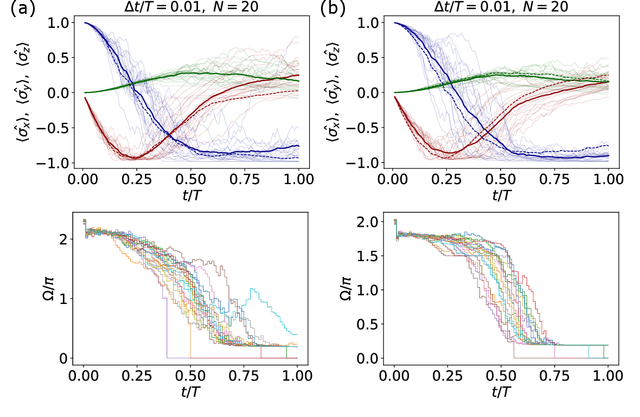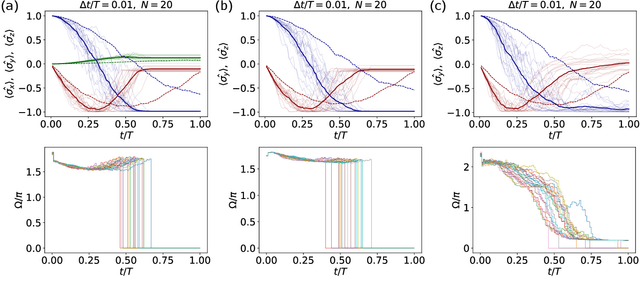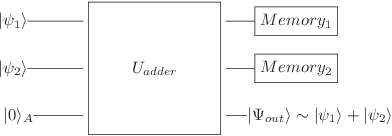Yongcheng Ding
Active Learning in Physics: From 101, to Progress, and Perspective
Jul 08, 2023Abstract:Active Learning (AL) is a family of machine learning (ML) algorithms that predates the current era of artificial intelligence. Unlike traditional approaches that require labeled samples for training, AL iteratively selects unlabeled samples to be annotated by an expert. This protocol aims to prioritize the most informative samples, leading to improved model performance compared to training with all labeled samples. In recent years, AL has gained increasing attention, particularly in the field of physics. This paper presents a comprehensive and accessible introduction to the theory of AL reviewing the latest advancements across various domains. Additionally, we explore the potential integration of AL with quantum ML, envisioning a synergistic fusion of these two fields rather than viewing AL as a mere extension of classical ML into the quantum realm.
Quantum Stream Learning
Dec 13, 2021


Abstract:The exotic nature of quantum mechanics makes machine learning (ML) be different in the quantum realm compared to classical applications. ML can be used for knowledge discovery using information continuously extracted from a quantum system in a broad range of tasks. The model receives streaming quantum information for learning and decision-making, resulting in instant feedback on the quantum system. As a stream learning approach, we present a deep reinforcement learning on streaming data from a continuously measured qubit at the presence of detuning, dephasing, and relaxation. We also investigate how the agent adapts to another quantum noise pattern by transfer learning. Stream learning provides a better understanding of closed-loop quantum control, which may pave the way for advanced quantum technologies.
Experimental Implementation of a Quantum Autoencoder via Quantum Adders
Jul 27, 2018



Abstract:Quantum autoencoders allow for reducing the amount of resources in a quantum computation by mapping the original Hilbert space onto a reduced space with the relevant information. Recently, it was proposed to employ approximate quantum adders to implement quantum autoencoders in quantum technologies. Here, we carry out the experimental implementation of this proposal in the Rigetti cloud quantum computer employing up to three qubits. The experimental fidelities are in good agreement with the theoretical prediction, thus proving the feasibility to realize quantum autoencoders via quantum adders in state-of-the-art superconducting quantum technologies.
 Add to Chrome
Add to Chrome Add to Firefox
Add to Firefox Add to Edge
Add to Edge